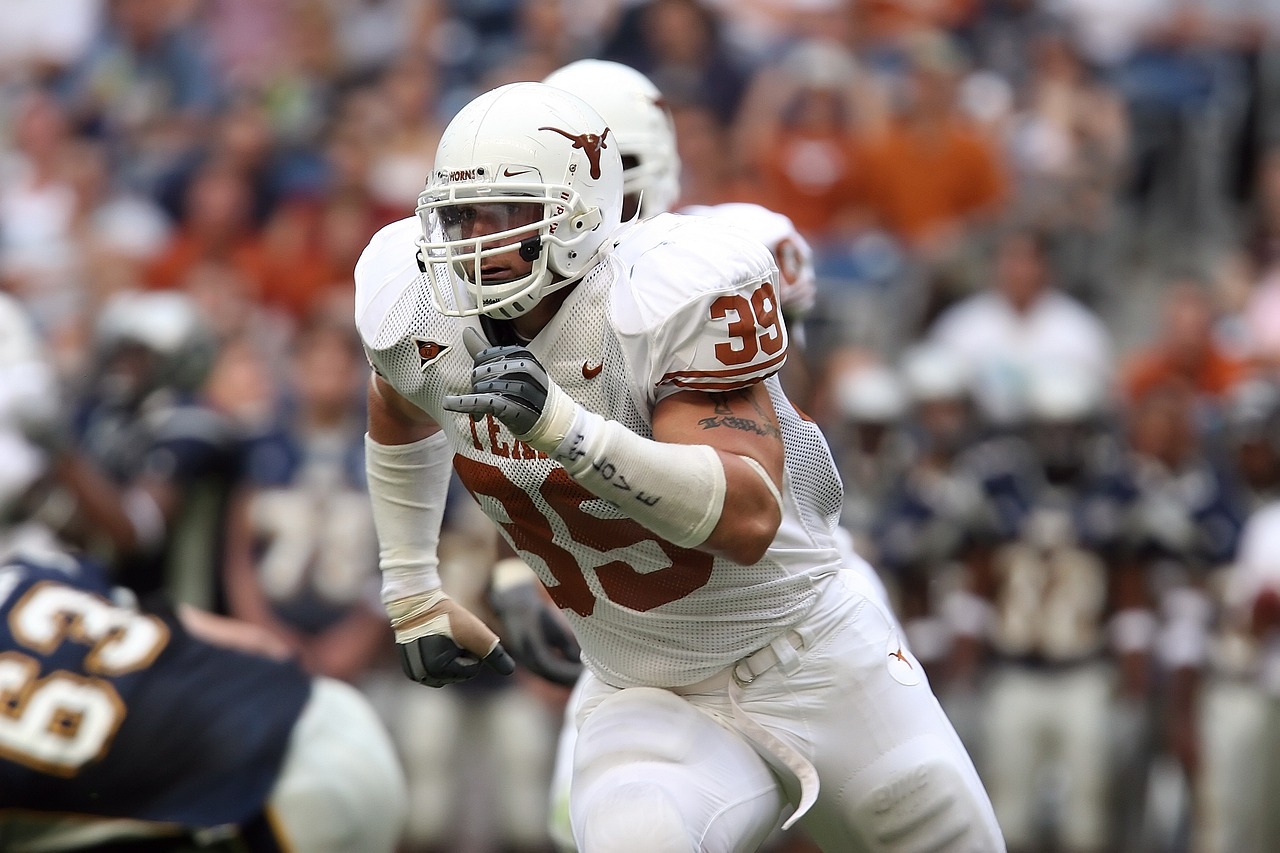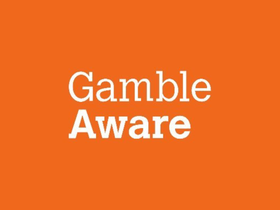These new guidelines modernize penalties for college athletes at a time when sports wagering has been legalized in dozens of states and is easily accessible nationwide with online betting platforms.
The National Collegiate Athletics Association (NCAA) announced that it has amended its guidelines for reinstating student-athletes who violate the league’s rules on sports betting.
On Wednesday, the league announced that it would implement a tiered system where student-athletes who gamble would face punishment based in part on the cumulative dollar value of their wagers.
Student-athletes that participate in any sports betting activity that influences the outcome of their games or who knowingly supply information to others engaged in sports betting activity will potentially lose all their collegiate eligibility for all sports, the NCAA said. The punishment would also apply to student-athletes who wager on their own games or other sports at their schools.
But student-athletes who wager on their own sport at another school will be required to attend a class on sports wagering rules and prevention before being reinstated. The NCAA said it would consider a loss of 50% of one season of eligibility for student-athletes in such situations.
For all wagering-related violations reported to the NCAA on or after May 2, the league said the cumulative dollar value of illegal wagers made by a student-athlete would be considered as part of any reinstatement. Student-athletes will be required to attend the aforementioned class on sports wagering rules and prevention, but in addition, for wagers that are:
- $201 to $500: loss of 10% of a season of eligibility
- $501 to $800: loss of 20% of a season of eligibility
- Greater than $800: loss of 30% of a season of eligibility
“For cumulative wagering activities that greatly exceed $800, NCAA reinstatement staff are directed to consider whether additional loss of eligibility, including permanent ineligibility, is appropriate,” the league said.
Under the NCAA’s previous rules, student-athletes who wagered on sports at any level lost one full season of collegiate eligibility in most cases.
“These new guidelines modernize penalties for college athletes at a time when sports wagering has been legalized in dozens of states and is easily accessible nationwide with online betting platforms,” Alex Ricker-Gilbert, athletics director at Jacksonville University and chair of the NCAA’s Division I Legislative Committee (DILC), said in a statement.
This new system doesn’t exactly reflect the league’s so-called concern. It just screams, 'Hey, keep it under $200, and you can get off all the parlays your heart desires.’
“While sports wagering by college athletes is still a concern — particularly as we remain committed to preserving the integrity of competition in college sports — consideration of mitigating factors is appropriate as staff prescribes penalties for young people who have made mistakes in this space.”
The changes took effect after the DILC ratified the league’s Division I Committee on Student-Athlete Reinstatement decision to amend the guidelines.
They also come following a series of high-profile sports betting controversies in the US at the collegiate level, including separate incidents involving the baseball team coach at the University of Alabama and student-athletes from multiple sports at Iowa State University and the University of Iowa.
Critics said the NCAA’s changes wouldn’t deter student-athletes from gambling.
“While I applaud DILC for scrapping previous guidelines that often stipulated the loss of a full season of eligibility for a single violation, this new system doesn’t exactly reflect the league’s so-called concern. It just screams, 'Hey, keep it under $200, and you can get off all the parlays your heart desires,’” Prince Grimes wrote in an opinion piece Wednesday on BetFTW, a joint media outlet between Gannett’s USA Today Sports and various sportsbooks. BetFTW initially partnered exclusively with Tipico.
“It’s not a deterrent at all, which should have been the priority as long as student-athletes are prohibited from betting of any kind,” Grimes wrote.



